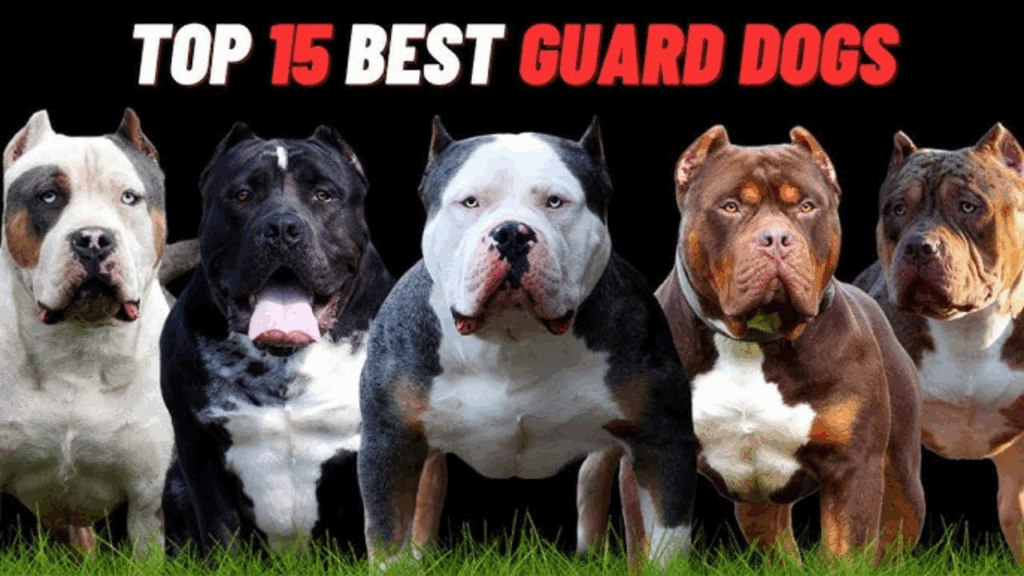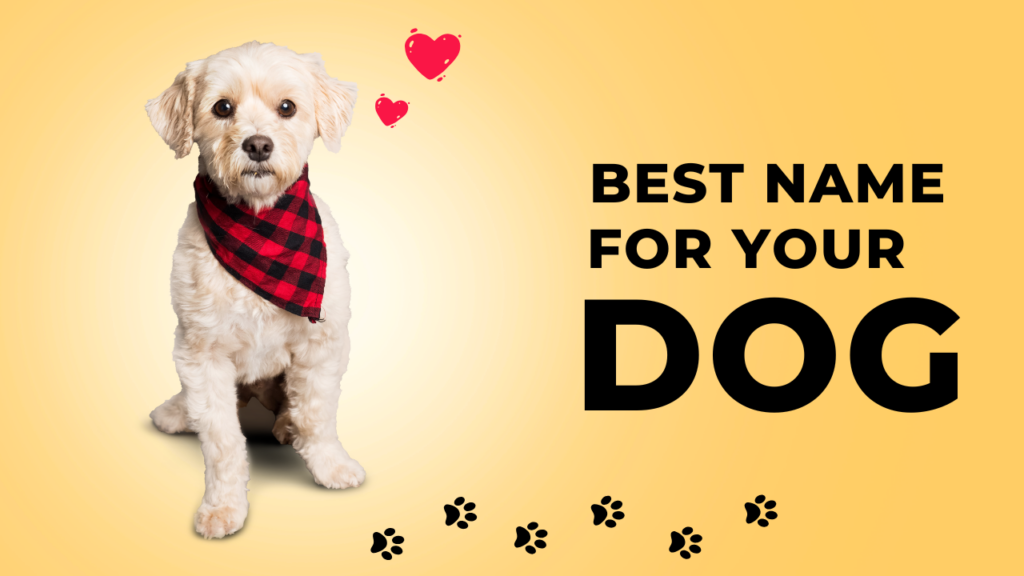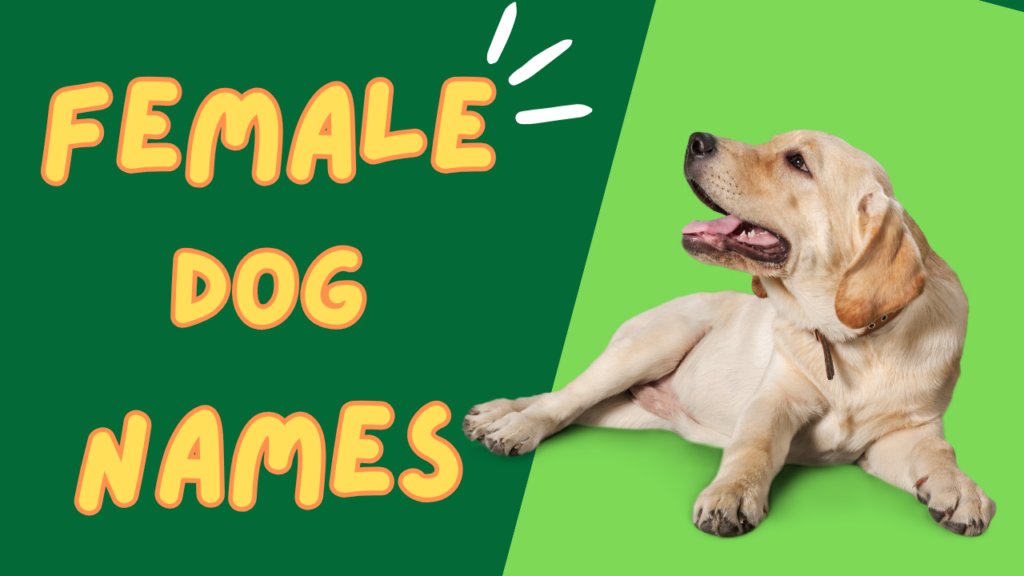When it comes to protecting your home, few deterrents are as effective as a loyal, well-trained guard dog. Beyond simply barking at intruders, the best guard dogs are intelligent, alert, fearless, and most importantly—loyal to their families.
Whether you’re seeking protection for your property, personal safety, or simply peace of mind, choosing the right breed is essential. In this guide, we’ll explore the top guard dog breeds, what traits to look for, and tips for raising a dog that’s both a protector and a companion.
What Makes a Good Guard Dog?
A good guard dog isn’t necessarily aggressive—it’s confident, alert, obedient, and highly loyal. These dogs are typically calm and affectionate with their families but are naturally suspicious of strangers.
Key Traits of Effective Guard Dogs:
- Protective instincts: Strong drive to protect their family or territory
- Loyalty: Deep bond with their owner and family
- Trainability: Willingness to follow commands, especially in high-stress situations
- Confidence: Unafraid of threats or unfamiliar environments
- Territoriality: Natural inclination to guard property
Not all guard dogs are suited for everyone. Some require experienced handlers, regular exercise, and advanced training.
READ MORE: Best Joint Supplement for Dogs
Top 12 Best Guard Dog Breeds
1. German Shepherd
- Temperament: Confident, loyal, intelligent
- Why they’re great: Originally bred for herding and guarding, German Shepherds are the gold standard for police and military dogs. They’re extremely intelligent and easy to train for protection work.
2. Rottweiler
- Temperament: Calm, courageous, powerful
- Why they’re great: Rottweilers are natural protectors who form deep bonds with their families. With proper socialization, they’re affectionate at home and formidable against threats.
3. Doberman Pinscher
- Temperament: Alert, fearless, obedient
- Why they’re great: Sleek, fast, and loyal, Dobermans are excellent personal protection dogs. They’re incredibly intelligent and will respond quickly in defense of their owners.
4. Bullmastiff
- Temperament: Brave, affectionate, strong-willed
- Why they’re great: With a massive frame and watchful nature, Bullmastiffs are natural deterrents. They’re gentle with family but can pin down intruders in seconds if needed.
5. Belgian Malinois
- Temperament: Energetic, smart, protective
- Why they’re great: Commonly used in military and police units, this breed is highly trainable and quick to react. Best suited for experienced, active owners.
6. Cane Corso
- Temperament: Strong, reserved, confident
- Why they’re great: This Italian mastiff is known for its protective instincts and loyalty. Cane Corsos require a firm but loving hand in training.
7. Great Pyrenees
- Temperament: Calm, patient, protective
- Why they’re great: Originally used to guard livestock, Great Pyrenees are quiet, patient, and gentle at home—but fearless when faced with a threat.
8. Giant Schnauzer
- Temperament: Powerful, bold, loyal
- Why they’re great: Intelligent and strong-willed, Giant Schnauzers are natural protectors. They need regular mental stimulation and consistent training.
9. Rhodesian Ridgeback
- Temperament: Independent, athletic, dignified
- Why they’re great: Originally bred to hunt lions, Ridgebacks are fearless yet loyal. They’re protective without being overly aggressive.
10. Akita
- Temperament: Courageous, quiet, loyal
- Why they’re great: Akitas are known for their deep loyalty and suspicion of strangers. They’re quiet but alert, making them excellent watchdogs and protectors.
11. Tibetan Mastiff
- Temperament: Reserved, powerful, independent
- Why they’re great: Traditionally used to guard Tibetan monasteries, these dogs are naturally wary of outsiders. They’re strong, majestic, and protective.
12. Boxer
- Temperament: Energetic, alert, affectionate
- Why they’re great: While Boxers are playful and loving with family, their protective instincts make them good watchdogs, especially in homes with children.
Guard Dog vs. Watchdog: What’s the Difference?
- Watchdogs bark or alert you to intruders but may not act beyond that. (Example: Beagle)
- Guard dogs are trained or instinctively capable of confronting and deterring threats.
Both roles are valuable, but guard dogs typically require more training and responsibility.
Choosing the Right Guard Dog for Your Home
Every household has different needs, so consider the following before choosing:
1. Size and Space
Large breeds like Bullmastiffs or Cane Corsos need room to move. Apartment dwellers might prefer a Doberman or German Shepherd that adapts well to limited space with proper exercise.
2. Children and Other Pets
Some breeds, like Boxers and German Shepherds, are excellent with kids. Others may need more socialization to live peacefully with small children or other animals.
3. Experience Level
First-time dog owners should avoid breeds that require strong leadership and consistent training (e.g., Belgian Malinois or Akita).
4. Daily Commitment
Guard dogs thrive with daily mental and physical stimulation. If you don’t have time for daily walks, training, and play, a lower-energy watchdog might be a better fit.
Training Tips for Guard Dogs
Even dogs with strong protective instincts need structured training to be safe and effective.
1. Socialization Is Key
Expose your puppy to various people, places, and environments. This ensures they can differentiate between normal situations and actual threats.
2. Obedience First
Basic commands like sit, stay, and come should be second nature before introducing guard training.
3. Professional Training
For advanced protection work, consult a certified trainer. Avoid harsh methods—positive reinforcement works best long-term.
4. Don’t Encourage Aggression
A good guard dog is controlled, not reactive. You want a dog who thinks before they act.
Guard Dogs That Aren’t For Everyone
Some breeds have extremely high protection drives and require advanced training and handling. These dogs can be dangerous in the wrong hands:
- Presa Canario
- Fila Brasileiro
- Kangal
- Dogo Argentino
These breeds are best left to expert dog owners or handlers who understand how to manage powerful, instinct-driven animals.
Are Guard Dogs Safe Around Children?
Yes—but only if properly trained and socialized. Many top guard dogs are deeply loyal to their human “pack,” including children. Breeds like the German Shepherd, Boxer, and Bullmastiff are particularly known for being protective yet gentle with kids.
However, supervision is still essential—especially with large dogs who may accidentally knock over toddlers.
Final Thoughts
The best guard dogs offer more than just security—they provide loyal companionship, confidence, and peace of mind. From German Shepherds to Bullmastiffs, each breed offers unique qualities that make them ideal protectors when paired with the right owner.
Choosing the right breed requires a careful look at your lifestyle, experience, and expectations. With proper training, your guard dog will not only defend your home but become a beloved family member for years to come.

Andy Parker is a dog lover, writer, and senior editor at BarkPicks. With years of experience covering canine health, training, and gear, he helps pet parents make smarter choices for happier, healthier dogs. Andy shares his home (and heart) with two rescue pups, Charlie and Mia.



